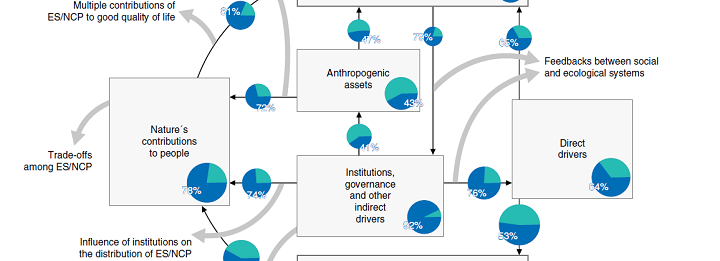Call for abstracts is open, deadline: April 30, 2020. You can find more information on the conference website.
Poland National Network and Adam Mickiewicz University in Poznan are pleased to announce that Registration and Call for Abstracts for ECOSERV 2020 Symposium are now open!
The Symposium which is under the patronage of ESP, is open for the world-wide diverse audience including academics, experts, policy makers, and business. [Read more…] about ECOSERV 2020 – 6th Scientific Symposium “Ecosystem services in transdisciplinary approach”, 6-8 July 2020, Poznan, Poland



